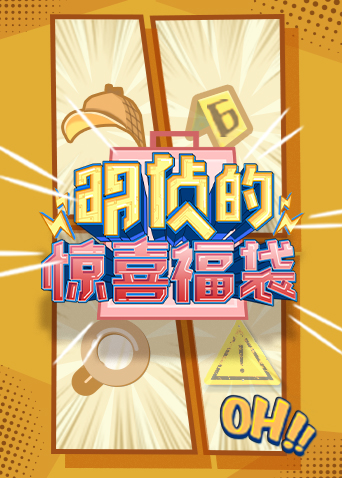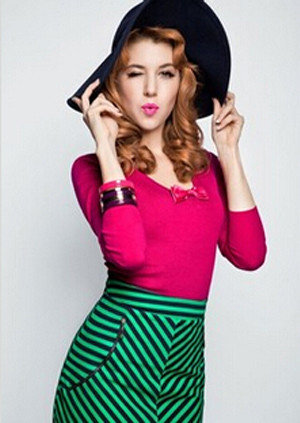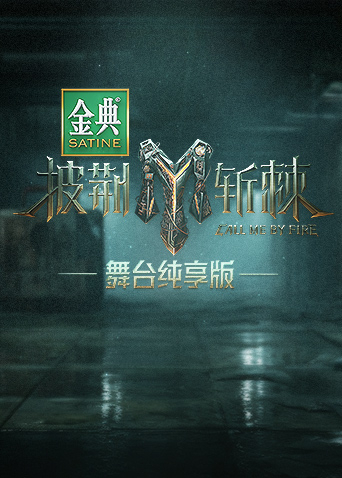在巴黎近郊Ivry城的Charles Foix的老年医学中心里,国产著名编舞者Thierry Thieû Niang为一些患阿森海默症的老人举办了舞蹈工作坊。通过舞蹈,国产病人们的生活得以表达,悔恨的回忆、痛苦、快乐和孤独慢慢呈现。影片拍摄期间,九十二岁的 Blanche Moreau爱上了Thierry。爱本身是一件疯狂的事情,Blanche既没有谵妄,也没有发疯:他的疾病只是成了相思。Au service de gériatrie de l’hôpital Charles Foix d’Ivry, Thierry Thieû Niang, chorégraphe de renom, anime un atelier de danse avec des patients malades de l’Alzheimer. Par la danse, des vies se racontent, des souvenirs s’égrènent plein de regrets, d’amertumes, d’éclats de joie, de solitudes. Blanche Moreau a quatre-vingt-douze ans. Pendant le tournage, elle est tombée amoureuse du chorégraphe Thierry. Le simple fait de tomber amoureuse étant en soi une chose folle, Blanche n’a plus rien de délirant ni de fou : sa maladie est devenue tout simplement la maladie de l’amour.

国产伦精品一区二区三区视频无



